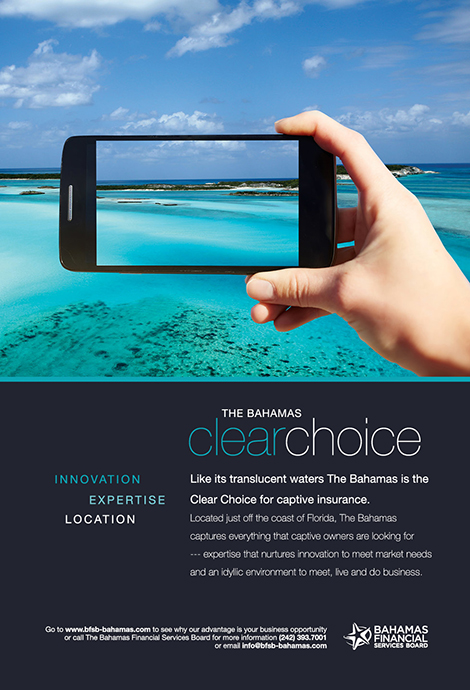Global non-life run-off liabilities are estimated to have risen by US$100 billion since the beginning of 2021 to US$960 billion in 2022, according to PwC’s 2022 Global Run-off Survey.
PwC’s survey was produced in conjunction with Insurance and Reinsurance Legacy Association (IRLA) and Association of Insurance & Reinsurance Run-Off Companies (AIRROC).
Over 50 per cent of growth in the last year is estimated to emanate from North America, with PwC’s survey respondents expecting this growth to fuel further deals in the North America region in particular, as well as more widely around the world.
The survey revealed that a majority of respondents suggest the three largest territories — continental Europe, UK and Ireland, and North America — for legacy deals will experience a similar or greater level of activity over the next two years compared to the previous two years.
For these territories, respondents indicate that North America is most likely to have a greater number of legacy deals over this period.
It is estimated that approximately US$10 billion of new capital has entered the non-life run-off market in the last three years. 99 per cent of survey respondents think that the market
has medium or high levels of competition, with more than half of those believing it is currently a highly competitive market.
The UK and Ireland continue to be an active market for deals activity, with 37 publicly disclosed run-off transactions in the two years since 1 April 2020.
Across continental Europe, PwC estimated steady increases in non-life run-off reserves. They have also observed an increase in accident and health premium in France since 2016, driven by a change in regulation that requires employers to provide collective health insurance for their employees.
This increase in premium is likely to lead to increased run-off reserves in France in future years, PwC predicts.
In emerging markets, (Asia,Latin America and the Middle East, excluding China) there has generally been an upward trend in gross premium written for motor, property and liability insurance of approximately 8 per cent.
Commenting on this year’s findings, PwC UK’s partners Nick Watford and Hannah Vaughan, says: “The US market is seeing the largest growth in absolute terms. This is reflective of a number of factors, including the fundamental underlying growth in insurance business being transacted around the world, particularly in lines such as motor, with the consequential knock on effect for policies entering run-off and inflation also playing its part.
“Future legacy deals will see many more and much larger back book type transactions covering a variety of underwriting lines and years. This will provide a really interesting opportunity for run-off consolidators who are able to diversify their own books, whilst leveraging already existing expertise and economies of scale.
They conclude: “The COVID-19 pandemic and inflation have had (and continue to have) a significant impact on the live (re)insurance market, with inflation in particular causing continuing uncertainty.”






